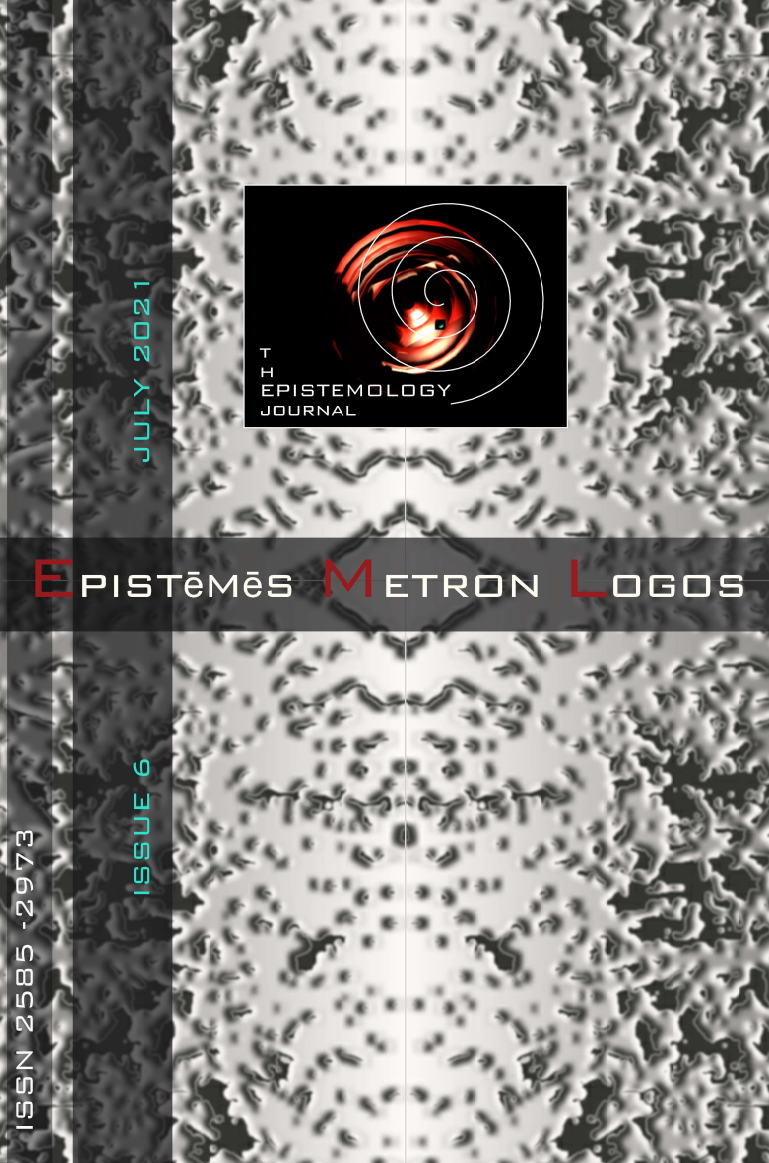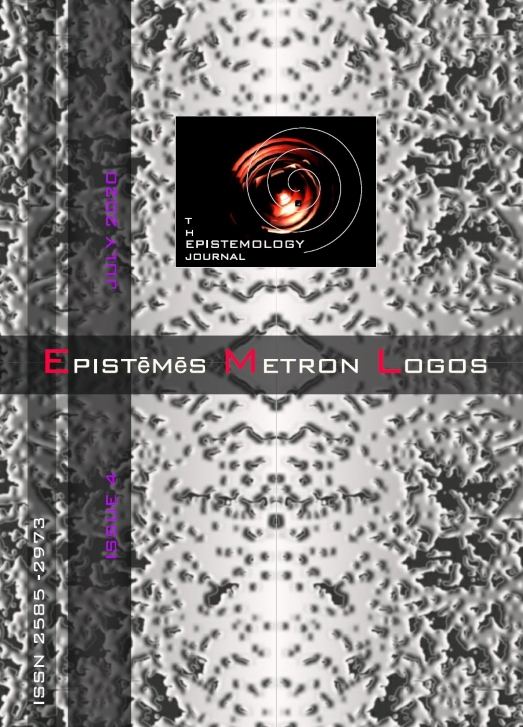Konstantina I. Gongaki, National & Kapodistrian University of Athens
Konstantina Gongaki
Position: Associate Professor
Teaching: Introduction to Philosophy and to the Philosophy of Sport
Department: School of Physical Education and Sport Science
University: National and Kapodistrian University of Athens
PhD thesis:
‘The philosophical determination of the Delphic myths, rituals and games’, National and Kapodistrian University of Athens (1997).
Degrees:
- BA in Philosophy, Philosophical School, University of Athens.
- BA in Dramatic School of the National Theatre, Greece.
- BA in Physical Education, Faculty of Physical Education and Sport Science, University of Athens.
Scholarships:
- 1stScholarship for Postgraduate Studies. Københavns Universitet, Institute for Nygraesk og Balkanistik, Subject: «Den europæiske litteraturs seimiotik i det 19. århundrede og undersøgelse af karakteristika for nygræske studier i Danmark», (1990-1991).
- 2ndScholarship for Postgraduate Studies, PhD. Københavns Universitet, Danmarks Højskole for Legemsøvelser, Subject: «The Mythological Sources of the Delphic Games. A Juxtaposition with the relevant European Research of the 20th century», (1992-1993).
Postgraduate Studies
- MSc in ‘European Literature’, Institute for Nygraesk og Balkanistik, Københavns Universitet, Denmark, (1990-1991).
- MSc in ‘Mythology’, Institut for Nordisk Filologi, Københavns Universitet, Denmark. Subject: «The Semiology of Nordisk Mythology», (1992-1993).
- Postgraduate Studies in ‘Philosophy’, Institut for Graesk og Latin, Københavns Universitet: «Søren Aabye Kierkegaard. Τhe progenitor of 20th-century existential philosophy» (1992-1993).
- Postgraduate Studies in ‘Classical Philosophy’, Philosophical School, University of Athens (1982-1989).
- Postgraduate Studies in ‘Dramatic Poetry’, Philosophical School, University of Athens (1988-1990).
- Postgraduate Studies in ‘Philosophy of Education’, Danmarks Højskole for Legemsøvelser, Københavns Universitet, Denmark (1990-1991).
- Postgraduate Studies in ‘Semiotics of the Body’, Danmarks Højskole for Legemsøvelser, Københavns Universitet, Denmark. (1991-1992).
- Studies in ‘Aesthetics’, Det Kongelige Teater, Denmark (1990-1991).
- Studies in ‘Art’, Liss Burmesters Institut, Denmark (1990-1991).
Author of the books:
- The conceptions of ancient Greek philosophers concerning athletics, (in greek), Athens: Typothito-Dardanos, 2003.
-
The Olympic ideal. Global crisis and perspectives, Athens: Gutenberg, 2013.
Indicative Publications:
- Gongaki, Κ. (2018). “Body culture” as a spiritual echo of Olympia and the fragmented nature of physical education in the modern-day school in Greece, IGI Global, International Publisher of Information Science and Technology Research.
- Gongaki, K. (2017). The Platonic myth of Gyges and the concept of justice and injustice in modern-day sport and the contemporary world, ELECTRYONE, vol. 5, iss. 2, pp. 1-10.
http://www.electryone.gr/wp-content/uploads/1.-K.-Gongaki-2017-5.2.-pp.-1-10.pdf
- Goggaki, K. (2002). The Wreath of Athletic Victory and its Moral Symbolism, International Journal of Physical Education, 4, 32-38.
- Goggaki, K. (2004). The Athletic Victory as a Value in the pindaric Odes, Nikephoros, 17, 123-134.
- Goggaki, Κ. (2005). Sports and Technology Genetics: The cloned Athlete. Athletics, Society & Identity: Conference Proceedings, Imeros, 5.1: 87-98.
- Goggaki, Κ. (2009). The fragmented nature of European school physical education and sport, as a cause for the interest decline of youth sport. ΧΙΙΙ Olympic Congress International Olympic Committee, Copenhagen 2009, Contributions, pp. 634-635.
Member of the:
- Association Internationale des Professeurs de Philosophie.
- Olympic Center For Philosophy and Culture.
- International Scientific Association for Ancient Greek Philosophy.
- Society of the Higher Council of the Palestinian Folklorists (Jerusalem).
Research interests:
- Philosophical theories of Soul and Body (ancient and modern)
- Ethics, and Aesthetics
- Olympic Values and Ideal
- The Olympic Truce
- Semiotics of Human Body
- Philosophy of sport
- Interpretations of Myths





